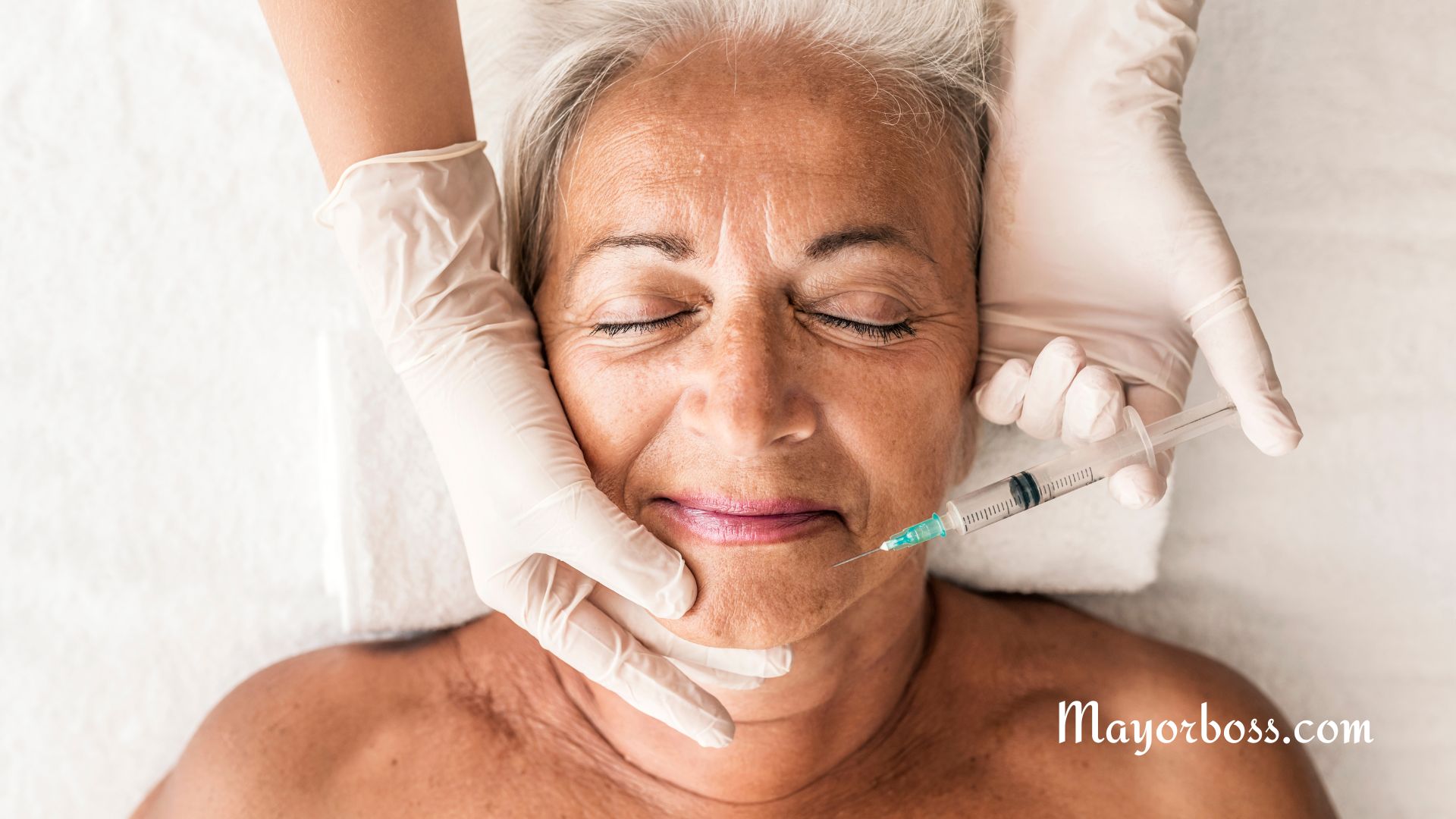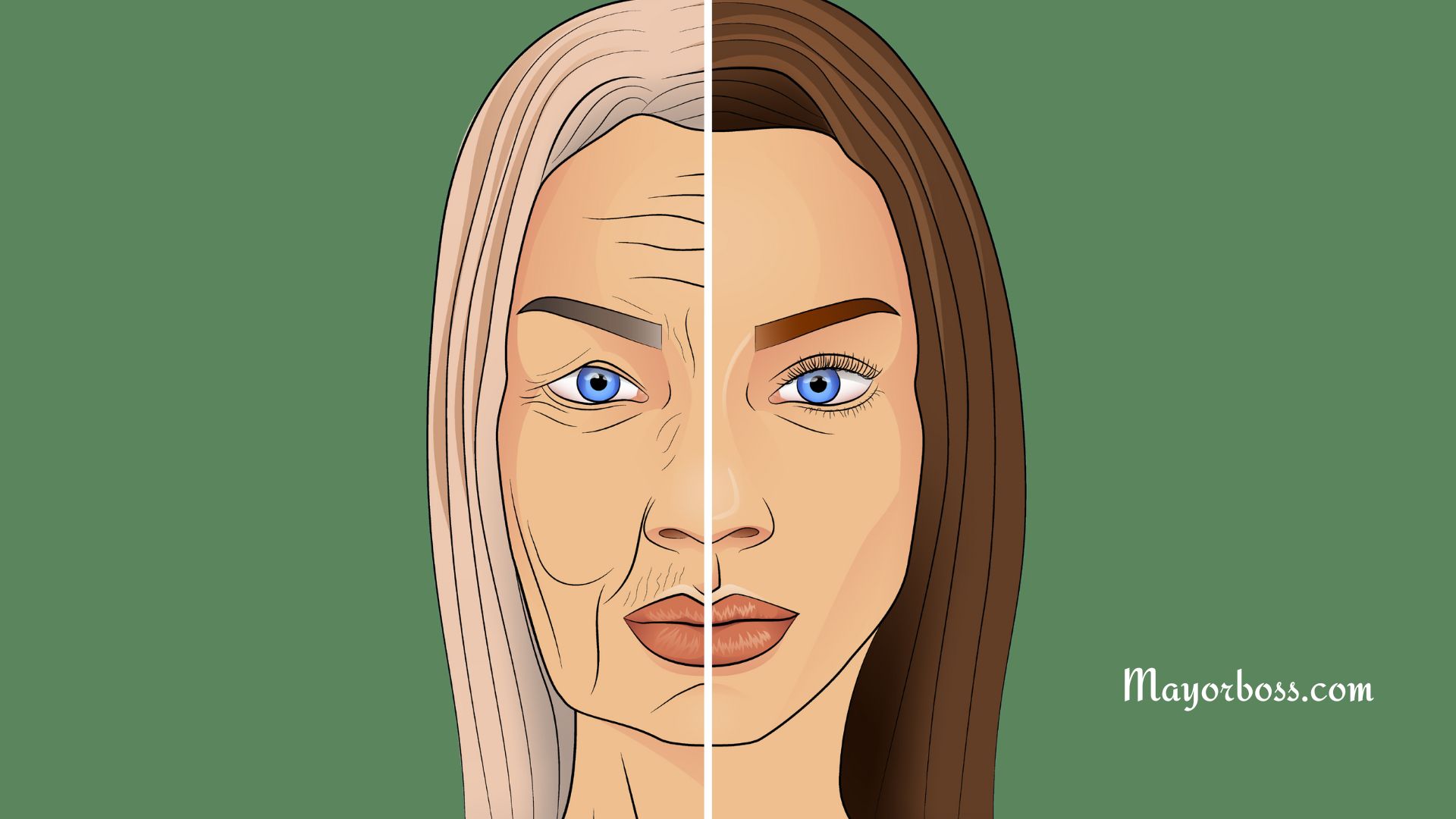Psoriasis Relief: Top Treatments to Clear Your Skin Fast
Have you ever wondered why psoriasis occurs and what can be done to treat it? Psoriasis is more than just a skin condition; it’s a chronic autoimmune ailment that speeds up the growth cycle of skin cells. This rapid turnover leads to the formation of scales and red patches that are continually itchy and sometimes painful. There’s no cure for psoriasis. But fear not. There are multiple ways to manage this condition.
Topical Treatments: The First Line of Defense
When you think of psoriasis treatment, the first thing that often comes to mind is topical treatments. Basically, these are applied directly to the skin and are usually the initial approach to managing mild to moderate psoriasis. Here’s a breakdown of some common options:
- Corticosteroids: These are anti-inflammatory creams or ointments that reduce swelling and redness. According to the American Academy of Dermatology Association, you can buy hydrocortisone without a prescription. They’re effective but should be used cautiously to avoid potential side effects.
- Vitamin D Analogues: These compounds (like calcipotriene) slow down skin cell growth.
- Retinoids: Topical retinoids, such as tazarotene, help to normalize skin cell growth.
- Salicylic Acid: This helps remove scales and is often used in conjunction with other therapies.
- Moisturizers: Although not a treatment per se, keeping skin moist can reduce dryness, itching, redness, soreness, and scaling.

Light Therapy: A Brighter Approach
Light therapy, or phototherapy, exposes the skin to ultraviolet light under medical supervision. It’s a second-line treatment for moderate to severe psoriasis. Here’s how it works:
- UVB Phototherapy: Controlled doses of UVB light from an artificial light source can improve mild to moderate psoriasis.
- Psoralen Plus UVA (PUVA): This involves taking a light-sensitizing medication (psoralen) before exposing the skin to UVA light. It’s effective for more severe cases.
- Excimer Laser: This targets only the affected skin with a high-intensity beam of UVB light, making it suitable for smaller areas.
Systemic Medications: When You Need More
For more severe cases or when other treatments fail, systemic medications are an option. These are drugs that work throughout the body. Some common ones include:
- Methotrexate: Reduces inflammation and slows skin cell production.
- Cyclosporine: Suppresses the immune system to slow down skin cell turnover.
- Biologics: Targeted drugs that affect specific parts of the immune system. These are often used for psoriatic arthritis or severe psoriasis.
Lifestyle Changes: A Holistic View
Did you know that lifestyle changes can also impact psoriasis? Here are some tips:
- Stress Reduction: Stress can trigger psoriasis flare-ups. Techniques like meditation, yoga, or counseling might help.
- Diet and Exercise: A healthy diet and regular exercise can improve overall health, potentially reducing psoriasis severity.
- Avoiding Triggers: Alcohol, smoking, and certain medications can trigger psoriasis. Identifying and avoiding these triggers can be beneficial.
When to See a Doctor?
If you suspect you have psoriasis or if your condition worsens, seeking medical advice is crucial. A healthcare provider can offer a tailored treatment plan based on your specific needs.
Frequently Asked Questions About Psoriasis Treatments
- Can psoriasis be cured? Currently, there’s no cure for psoriasis. However, various treatments can effectively manage symptoms and improve quality of life.
- Are natural remedies effective for psoriasis? Some people find relief with natural remedies like aloe vera, oatmeal baths, or tea tree oil. However, it’s important to discuss these with your doctor, as they may not be suitable for everyone and can sometimes interact with other treatments.






